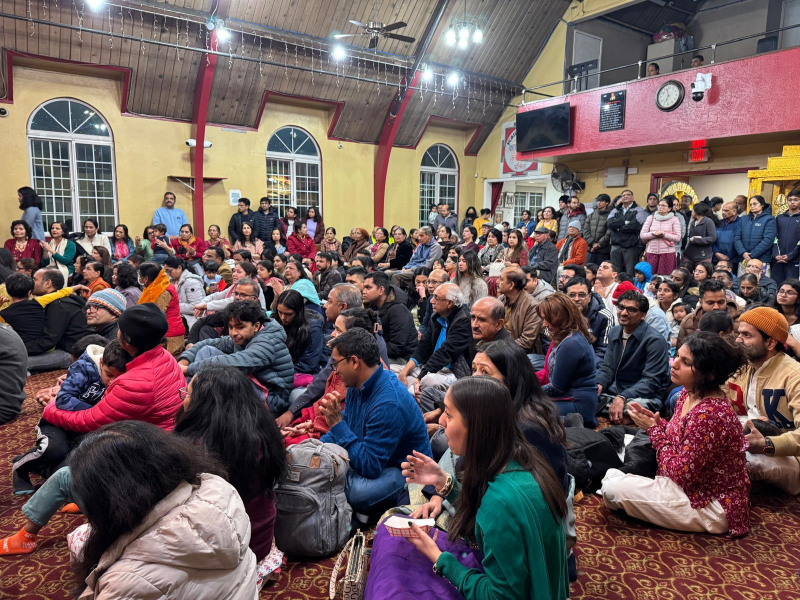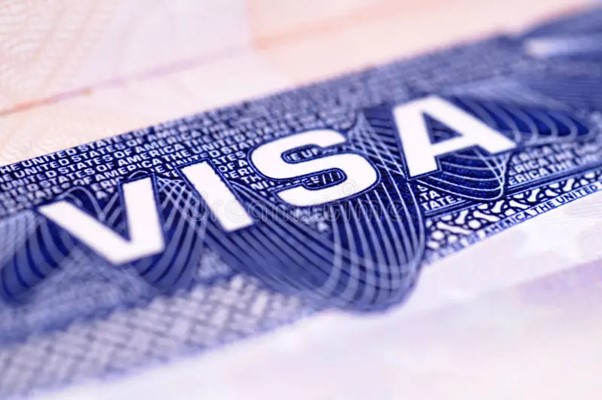ADVERTISEMENT
POP
See MoreCommunity
See MoreHindiUSA students tour heritage cities during India visit
A group of 14 students and senior representatives of HindiUSA from different parts of the U.S. paid a 15-day visit to India and met ICCR DG, K. Nandini Singla.
ADVERTISEMENT
Videos
View AllOpinion
See MorePeople
See MoreSatish Jha, Anil Parekh join Vidya Bharati USA board
The nonprofit said the reconstituted board aims to strengthen support for its education initiatives in India.
ADVERTISEMENT
Entertainment
See MoreImmigration
See MoreFood
See MoreSPORTS NEWS
See MoreThe decision reportedly followed concerns over violence against members of...
In 2026, the shortest format will be in focus big...
ਮੰਧਾਨਾ ਹੁਣ ਮਿਤਾਲੀ ਰਾਜ, ਸੂਜ਼ੀ ਬੇਟਸ ਅਤੇ ਸ਼ਾਰਲਟ ਐਡਵਰਡਸ ਤੋਂ...
This marked to be Jerrssis Wadia’s second BBL game, and...





























